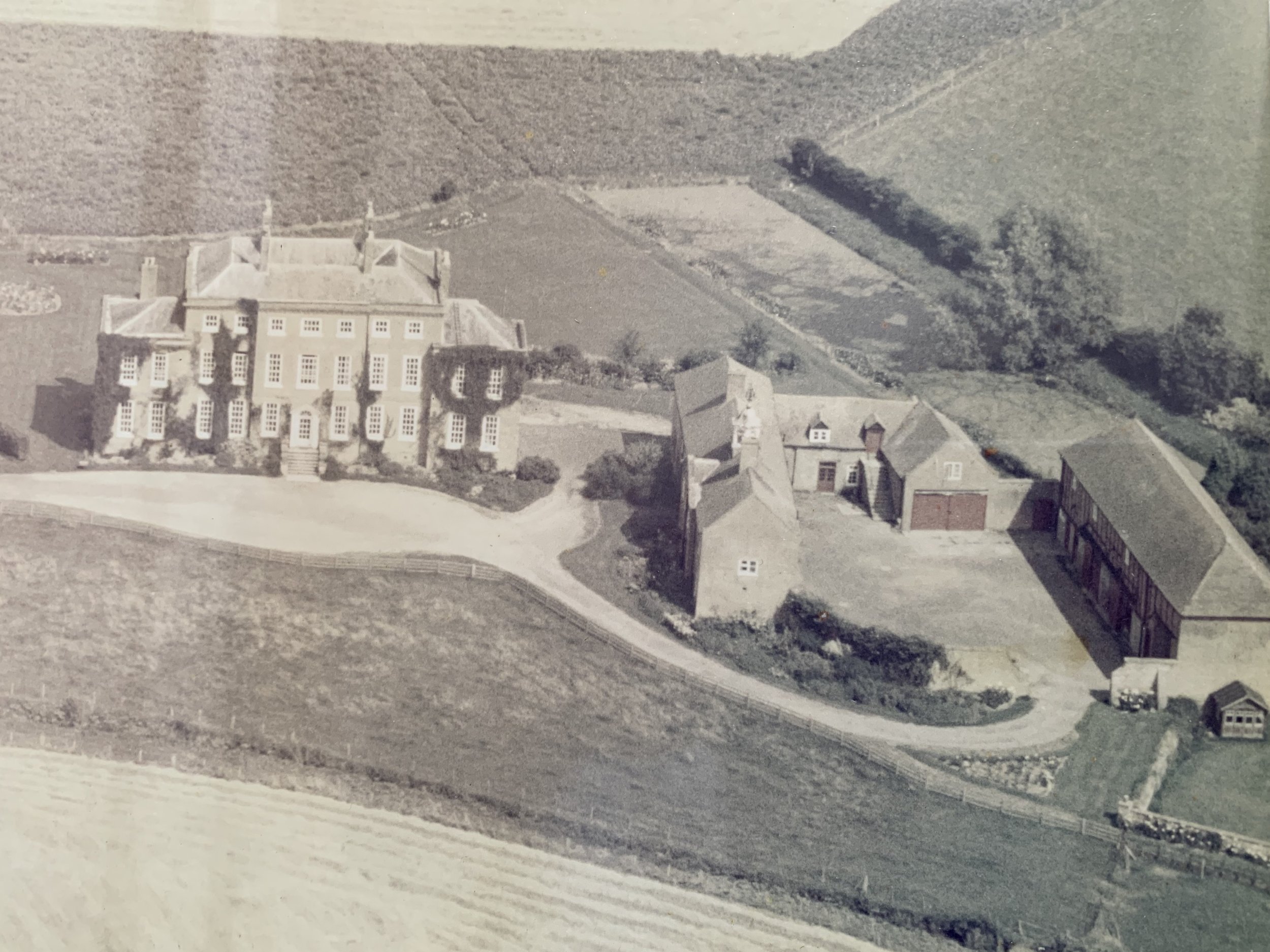DELBURY HALL
The Hall was built between 1752-1756 and cost £1,757. After retiring from the navy in 1763 Captain Frederick Cornewall moved to Delbury hall where he enjoyed the life of a country gentleman.
The Hall, now a grade II* Listed Building, was purchased by Vincent Wrigley in 1919 after creating a successful cotton manufacturing business in Oldham.
Still a family home, it is now lived in by Patrick Wrigley, the grandson of Vincent.






